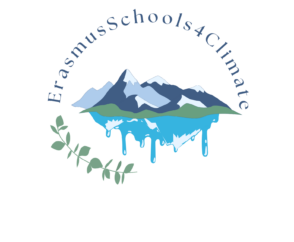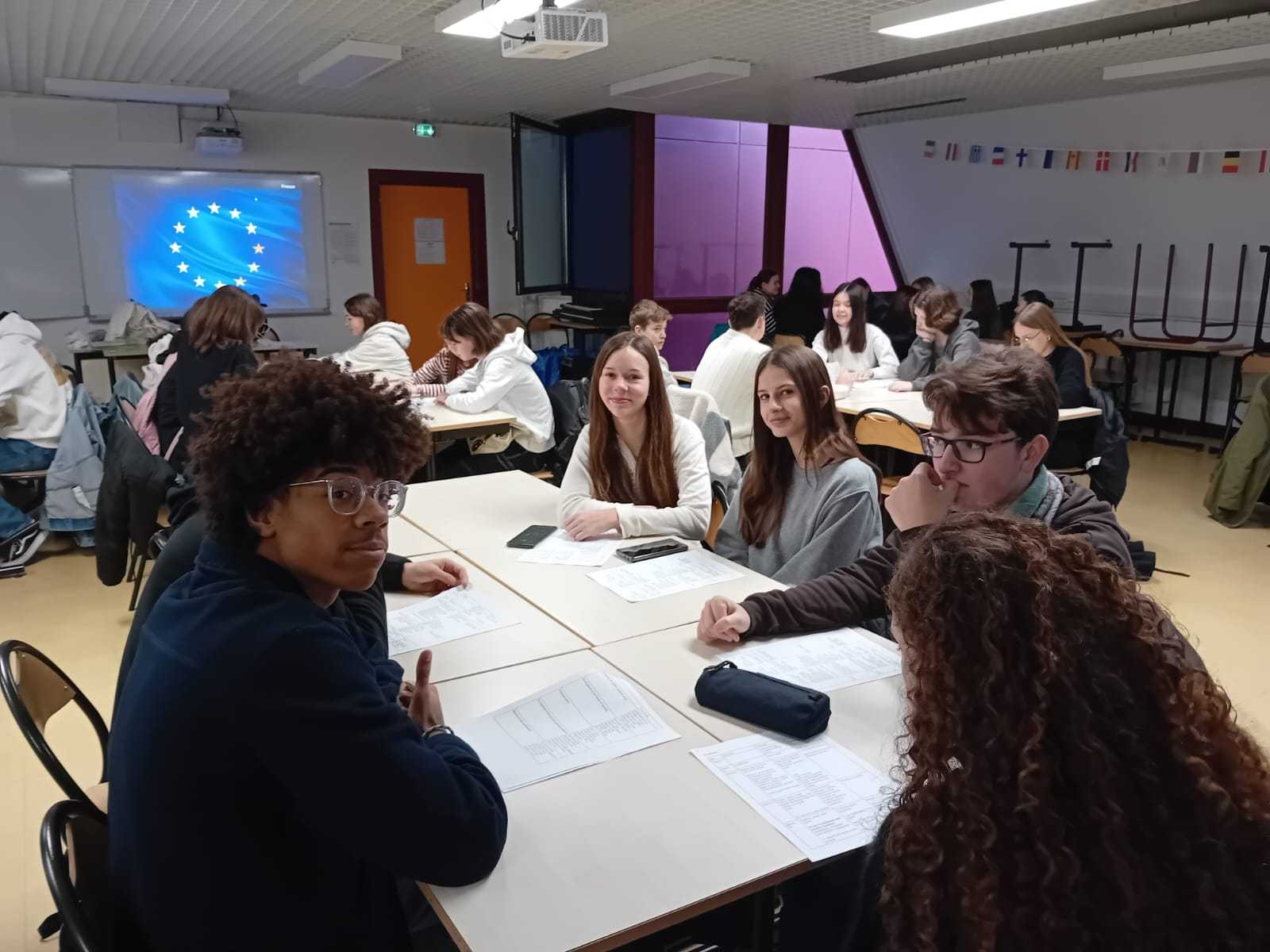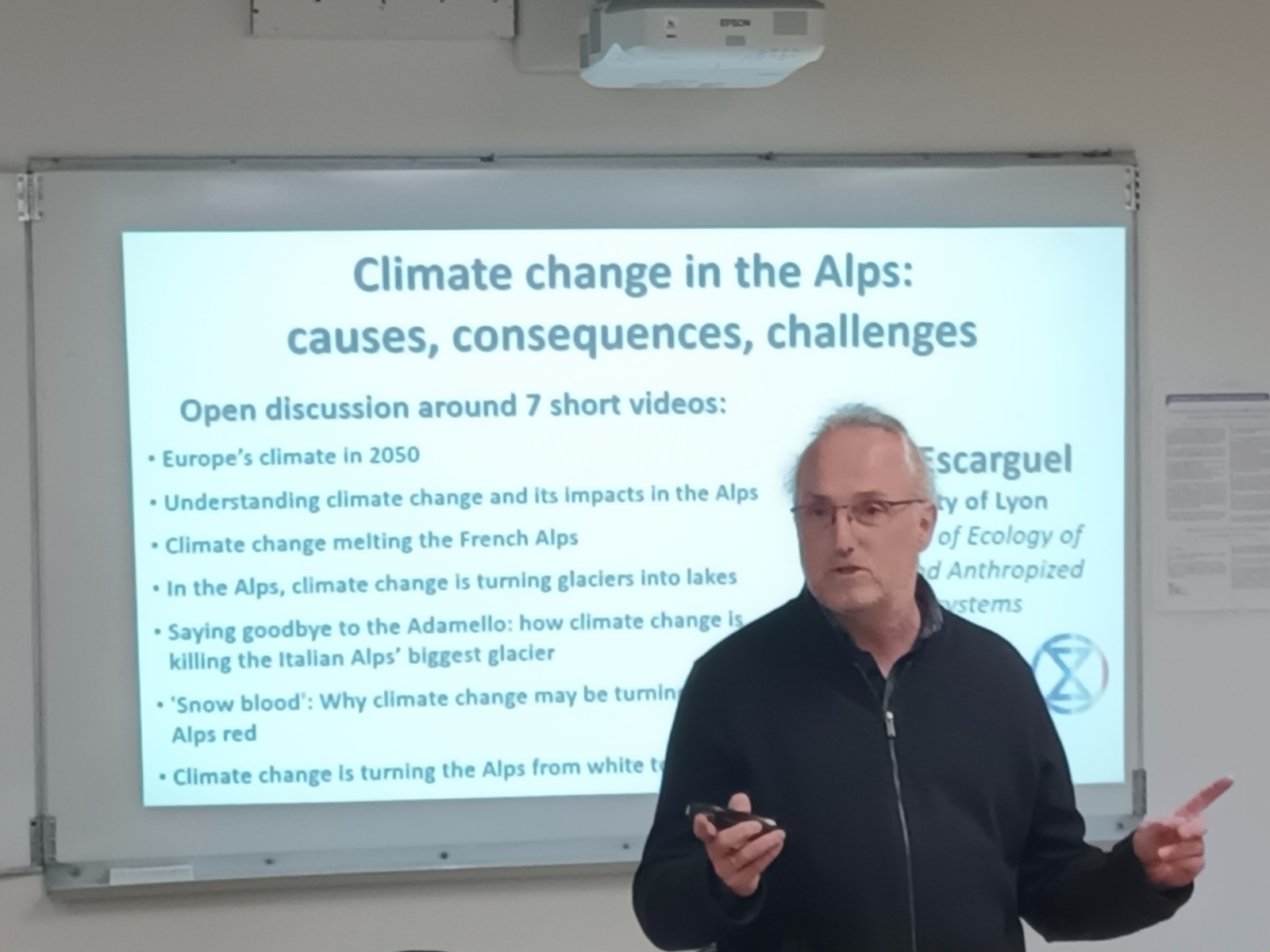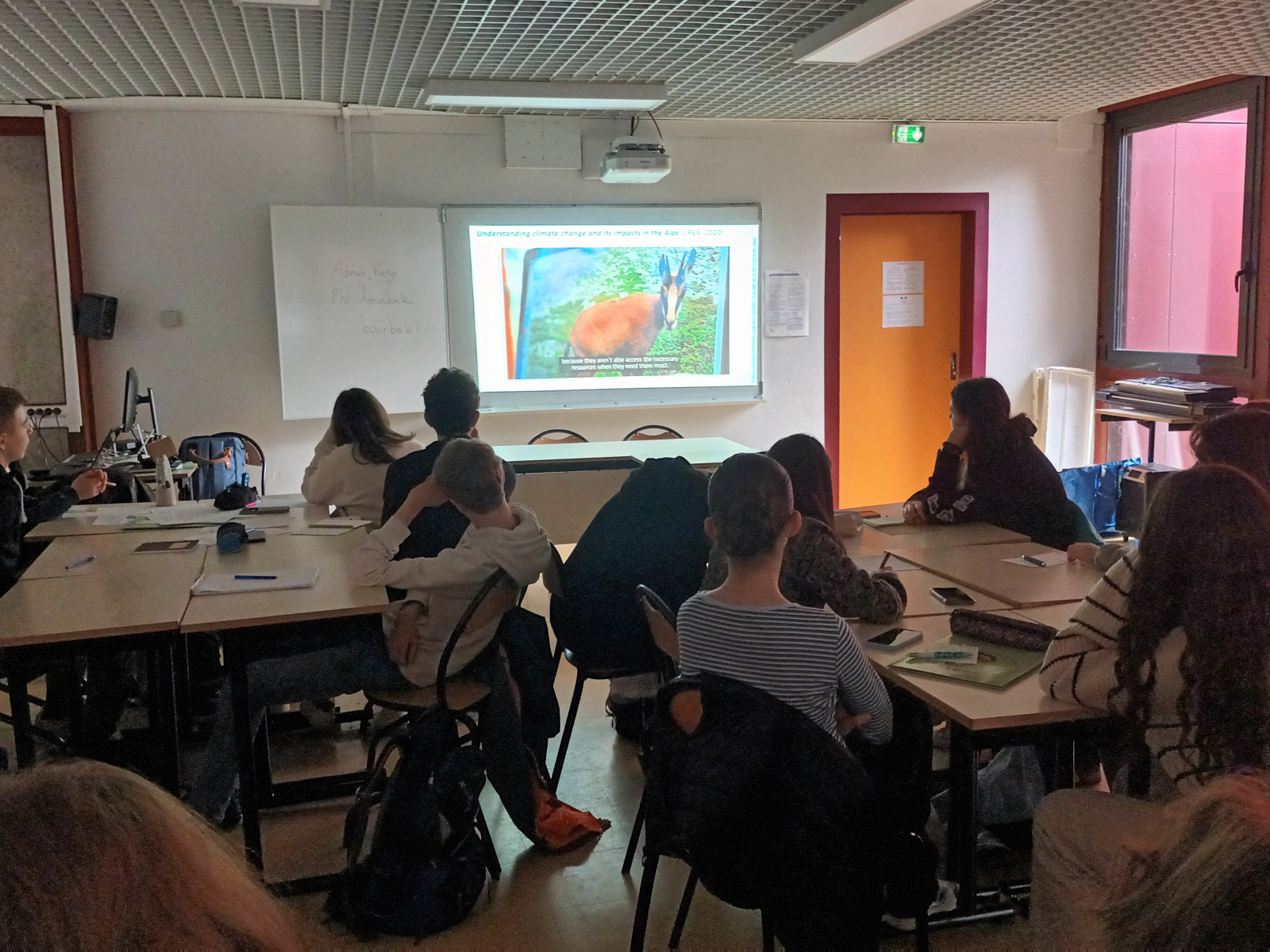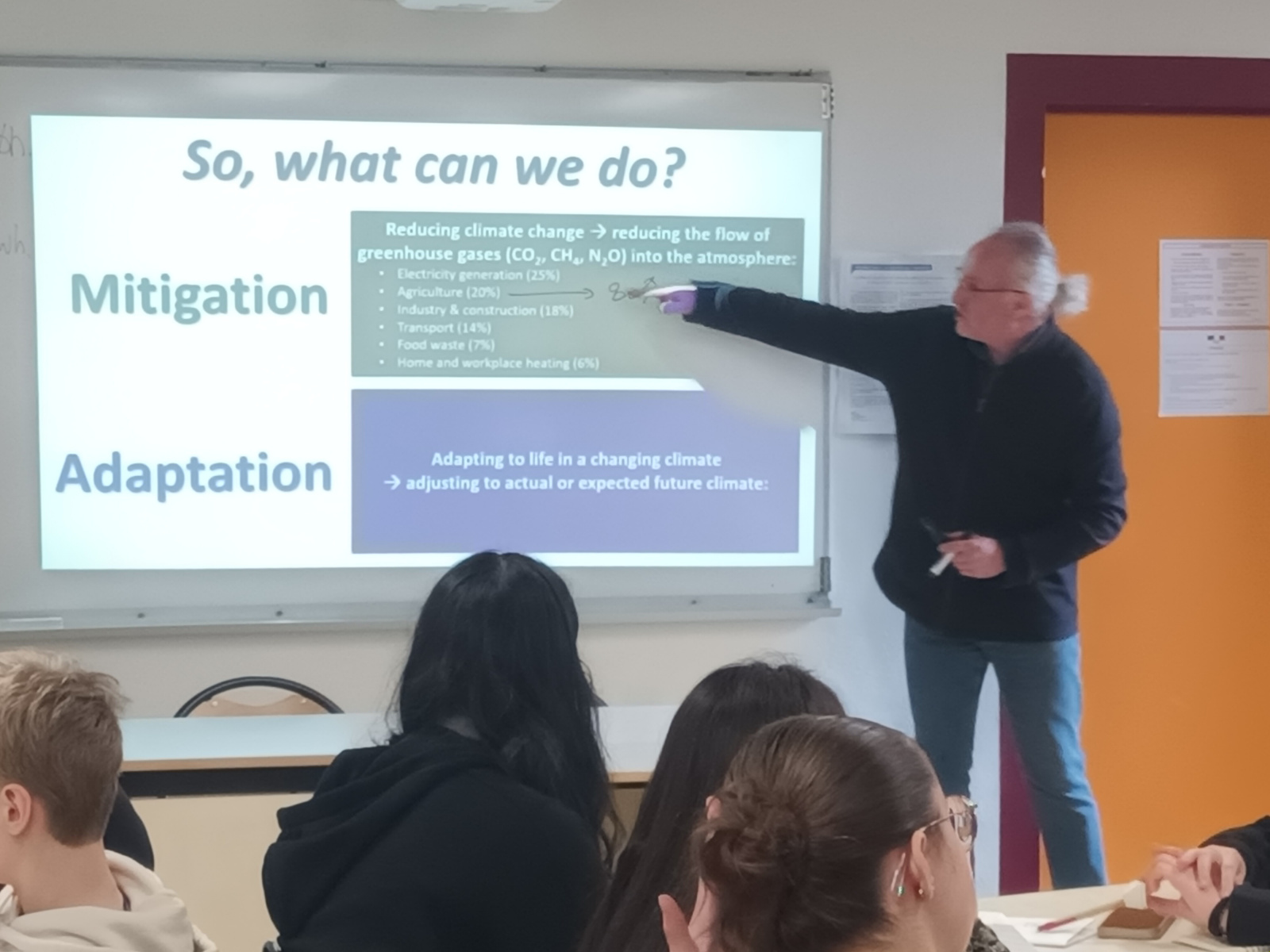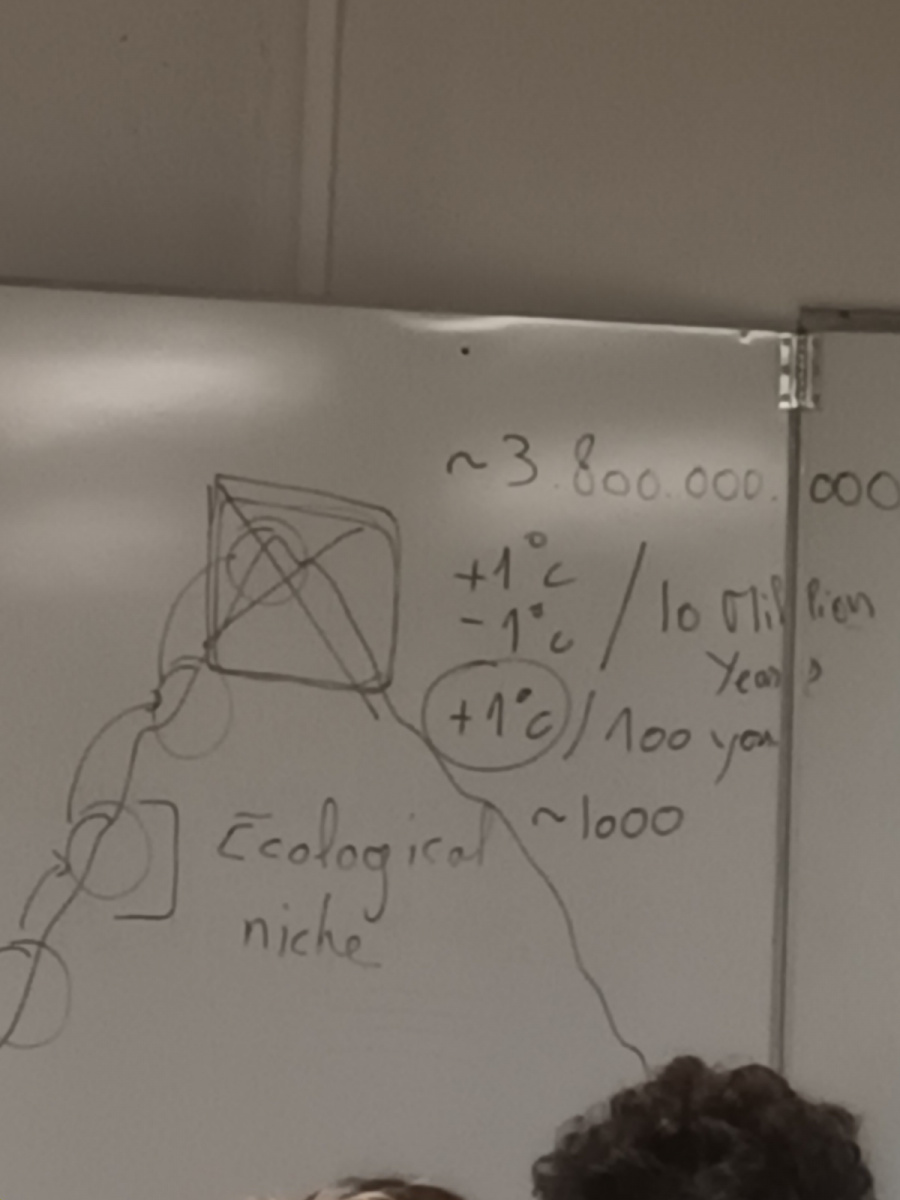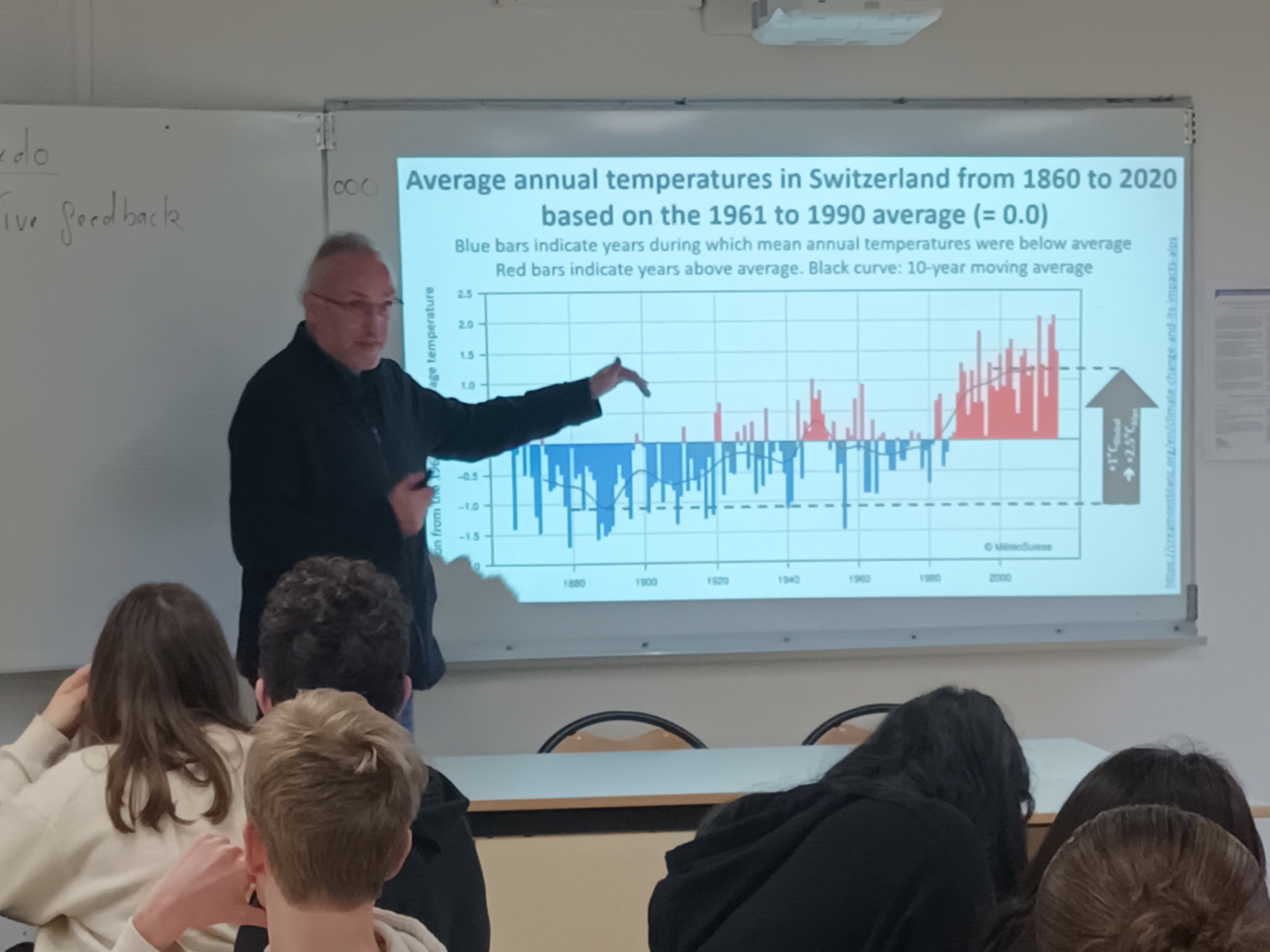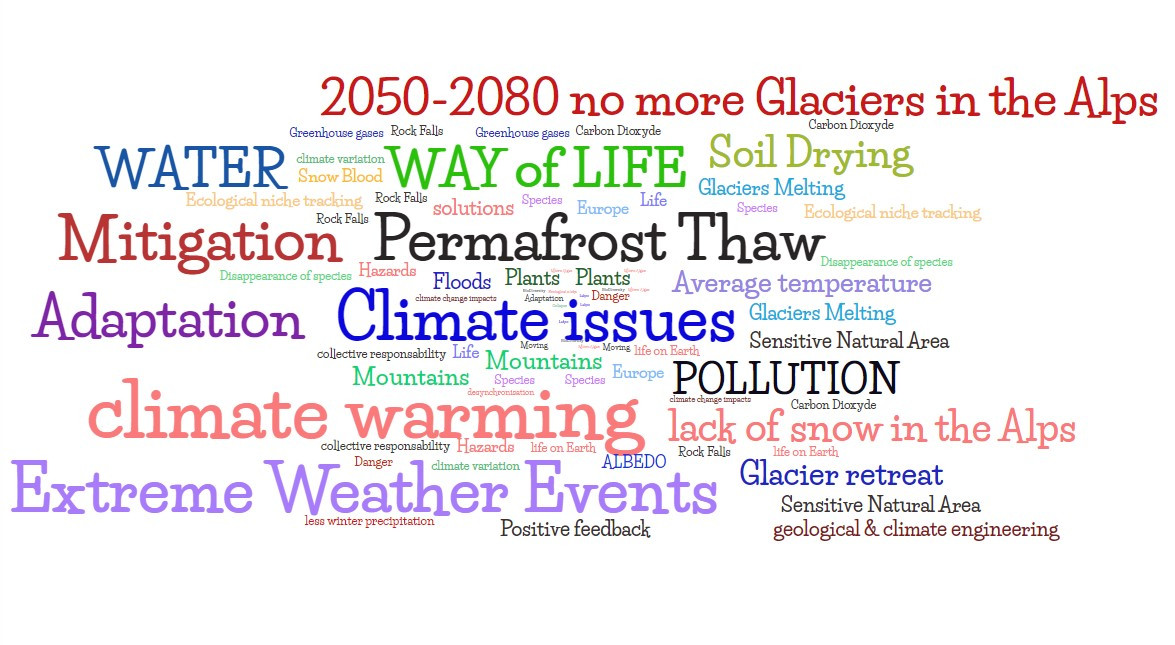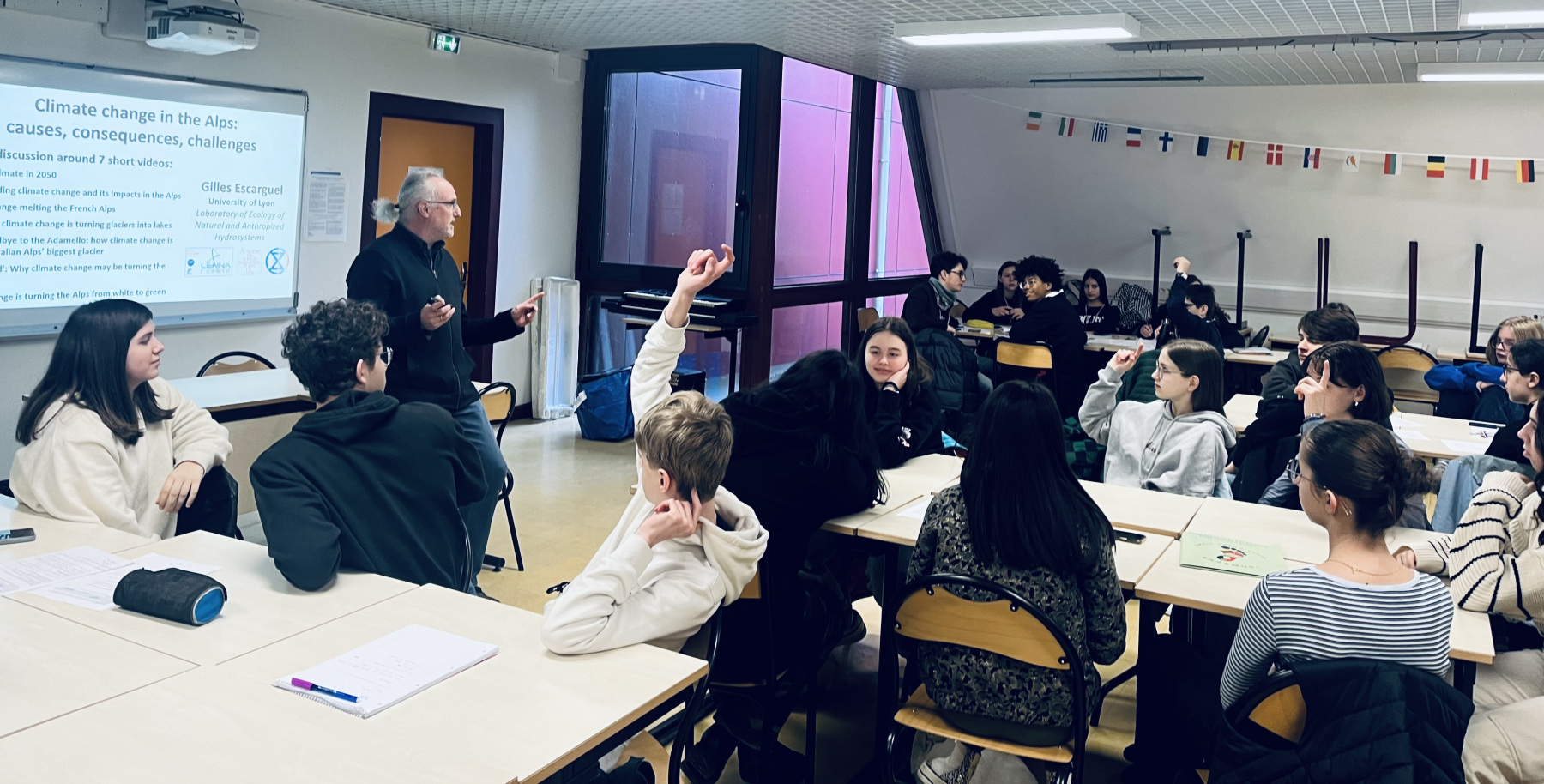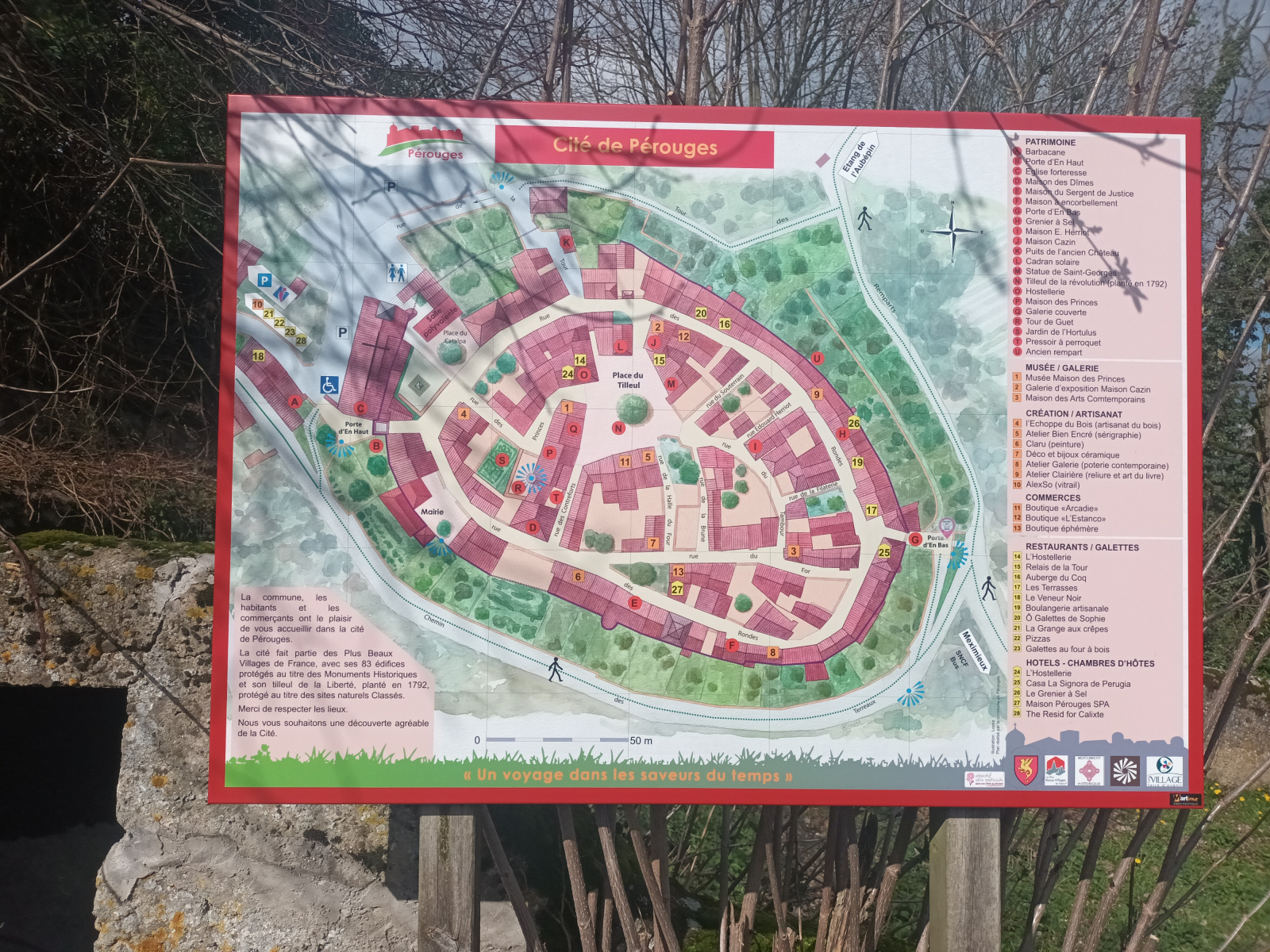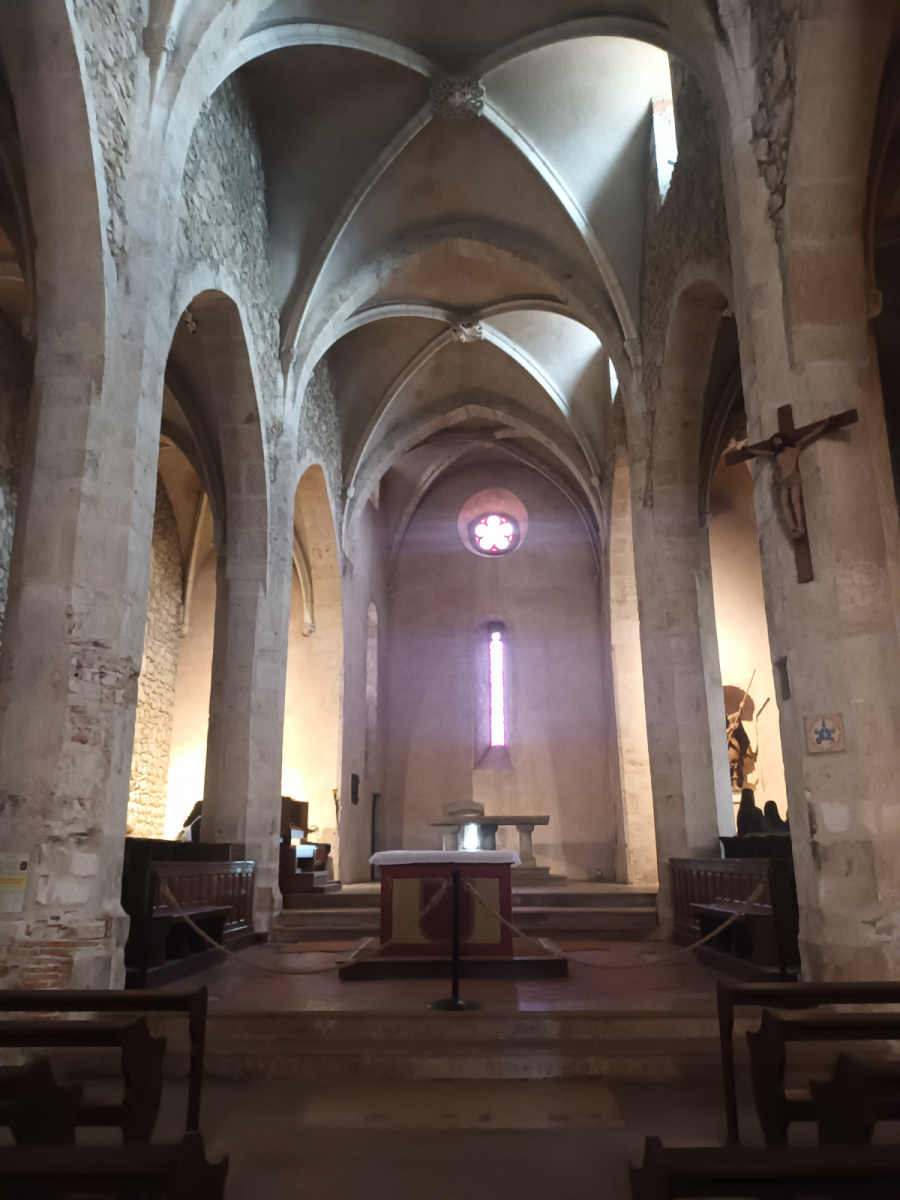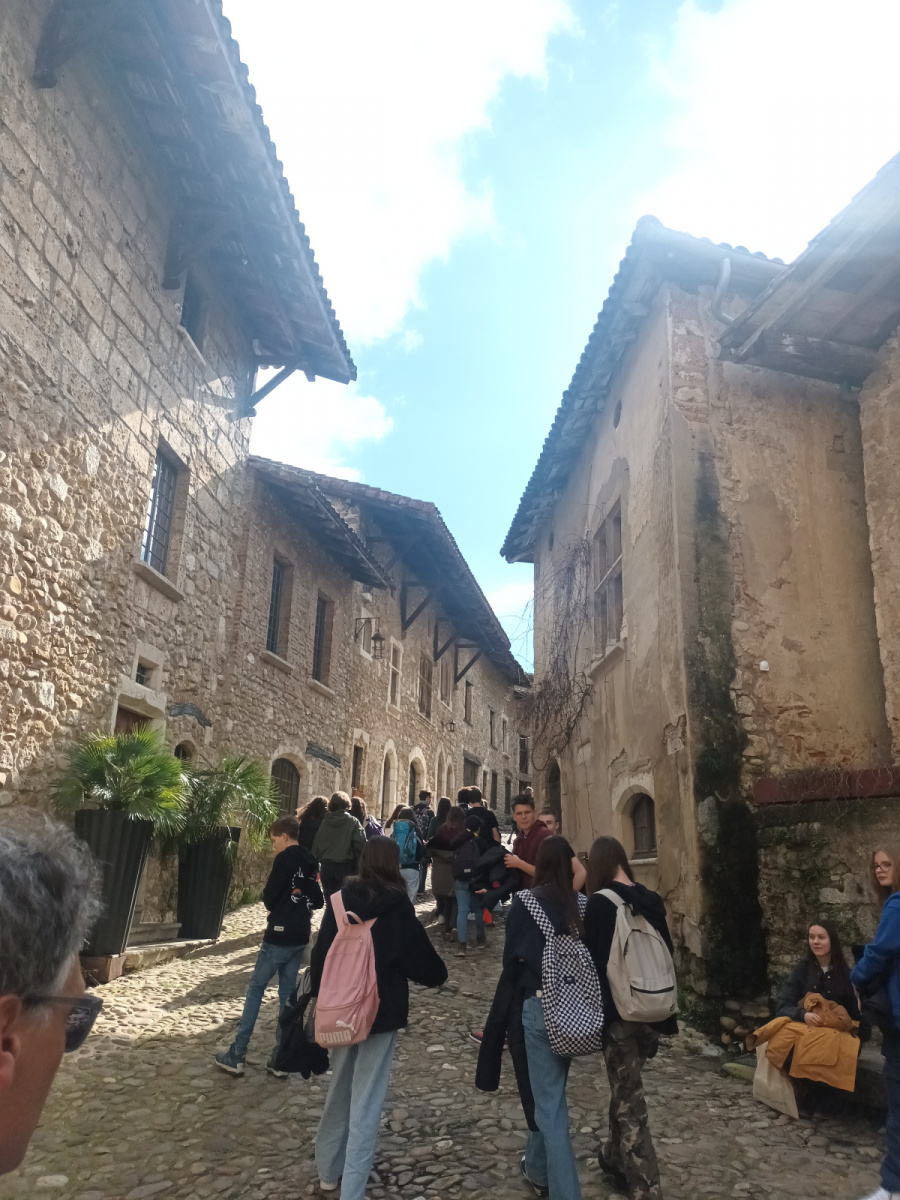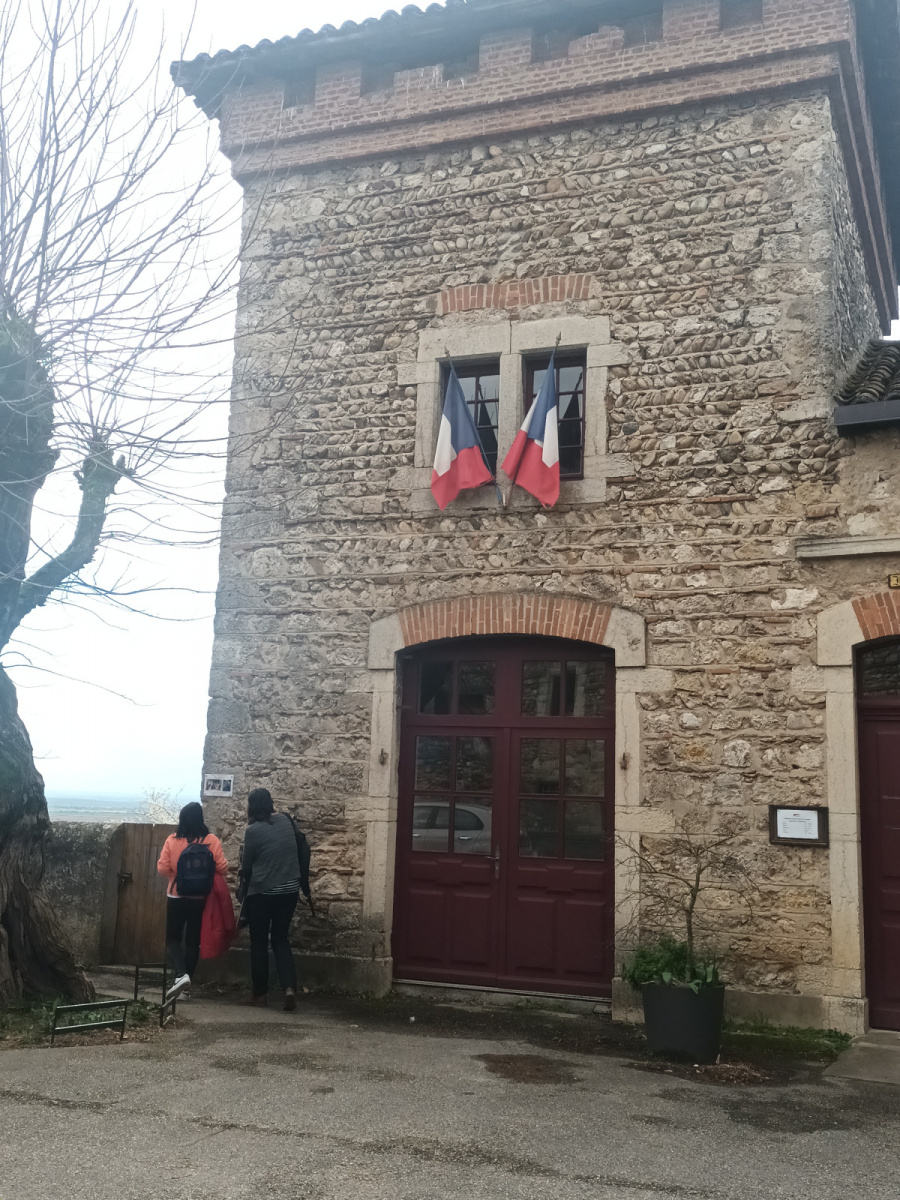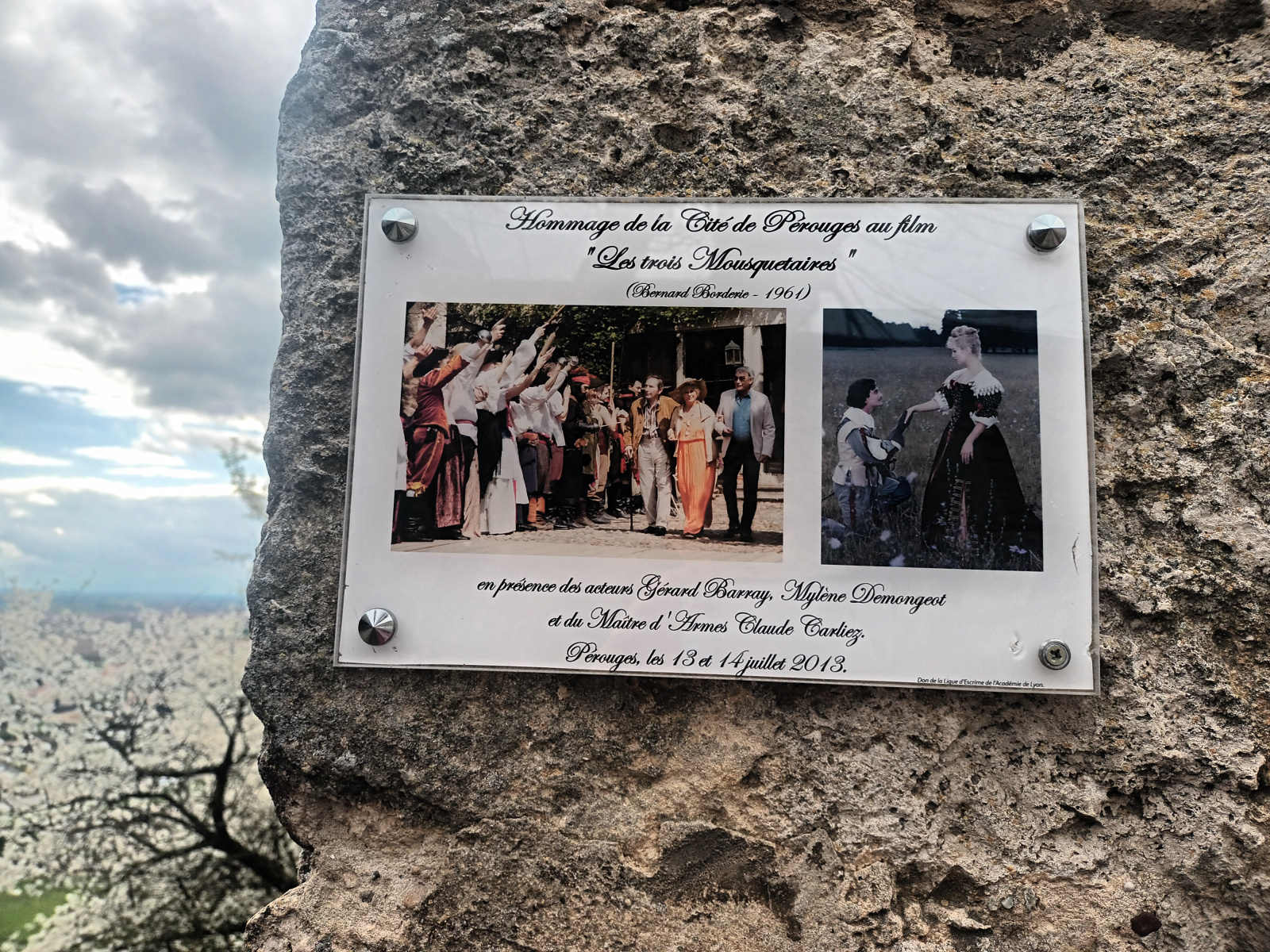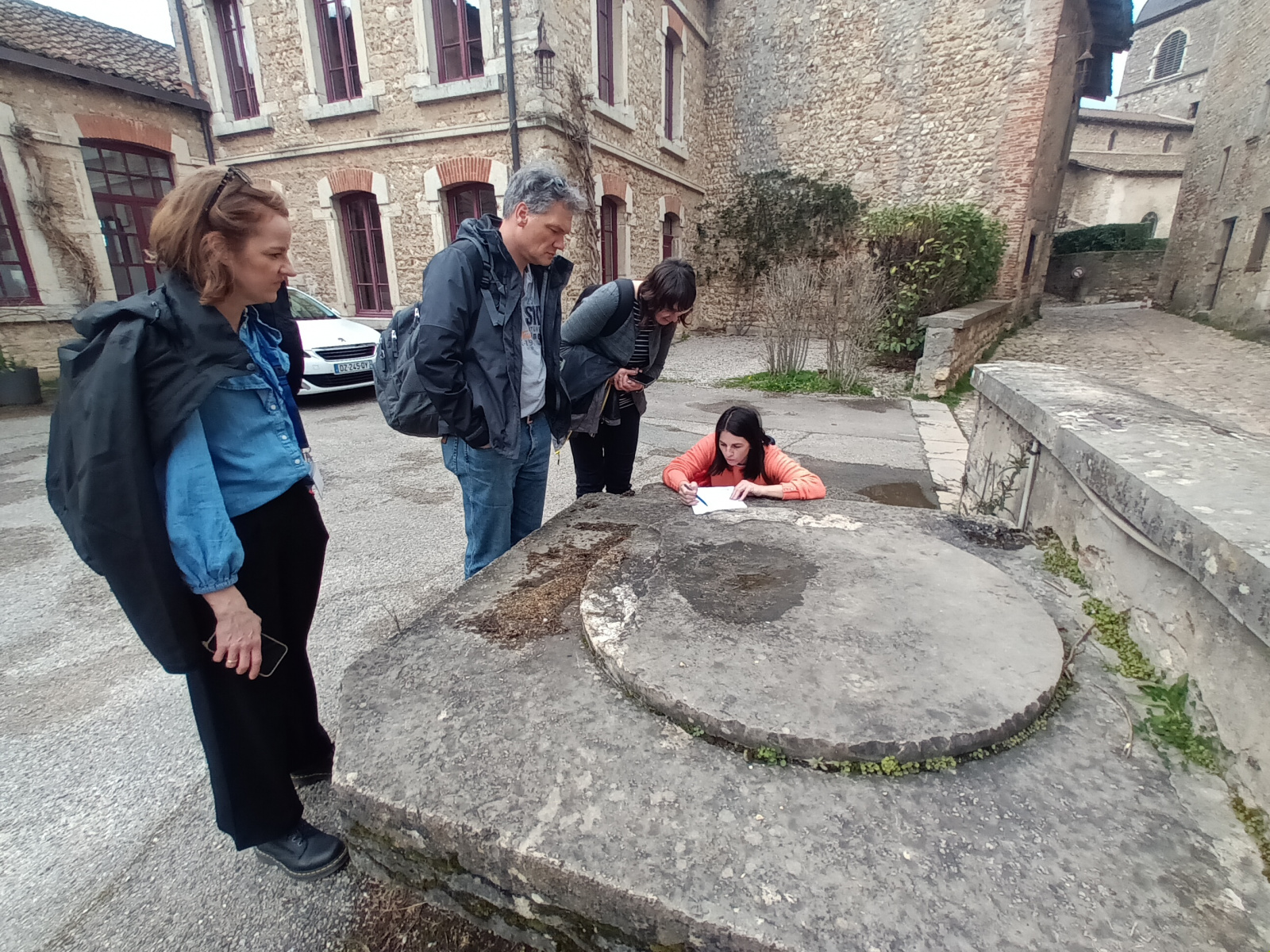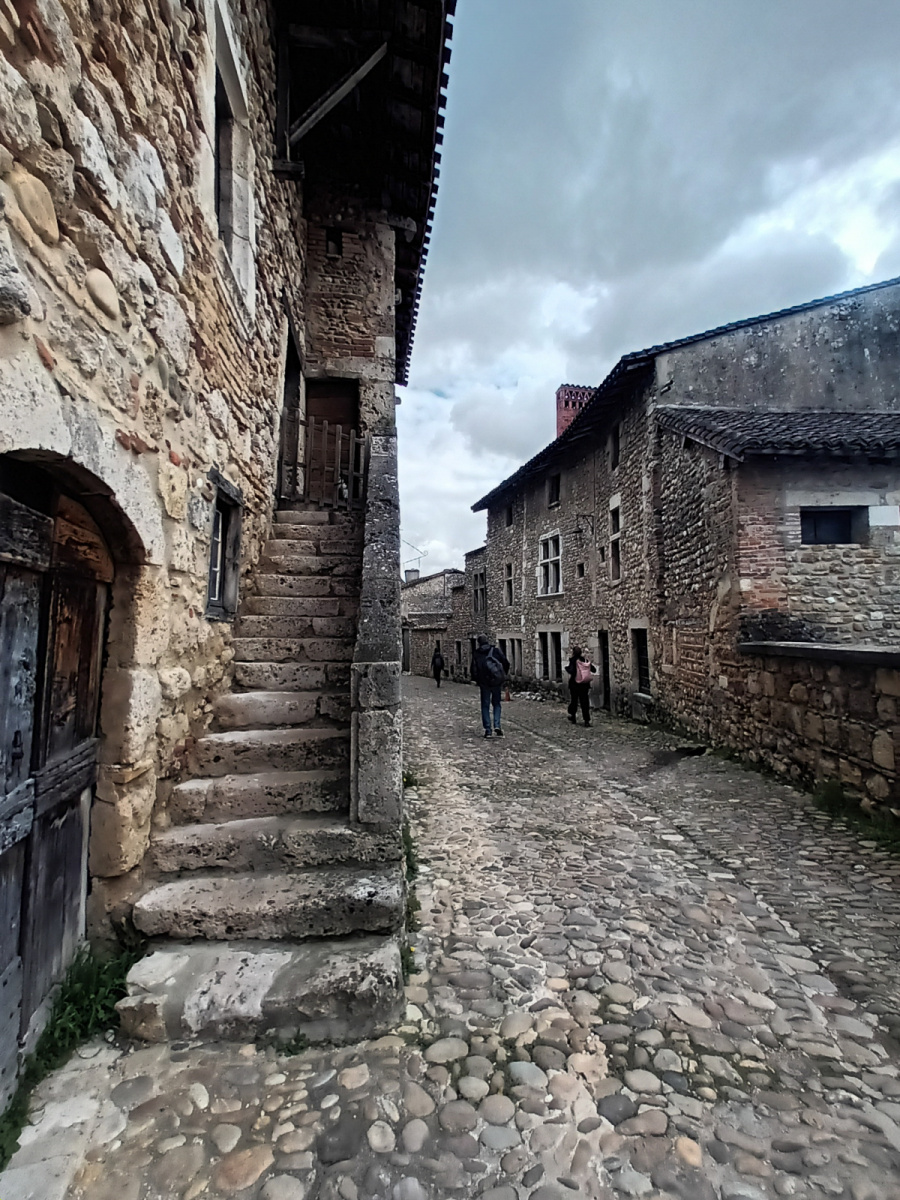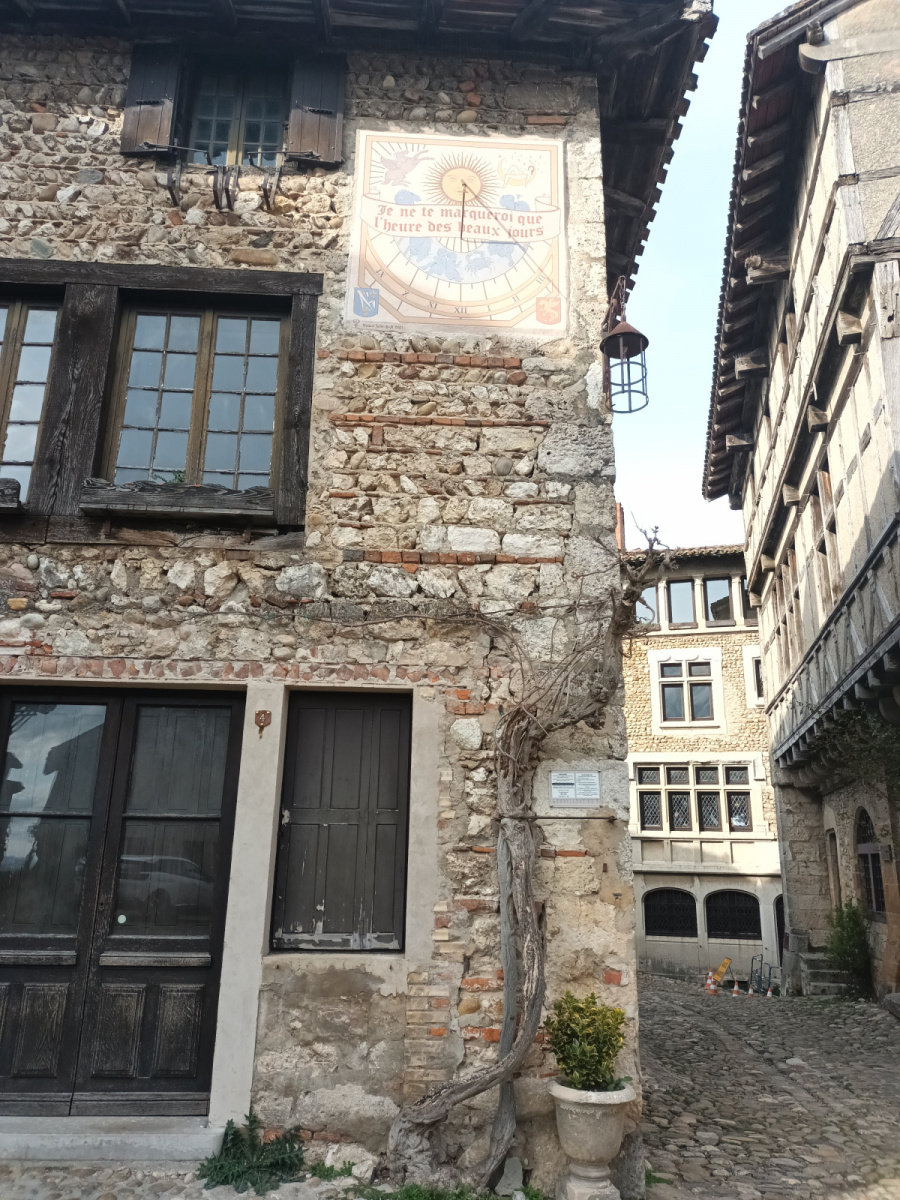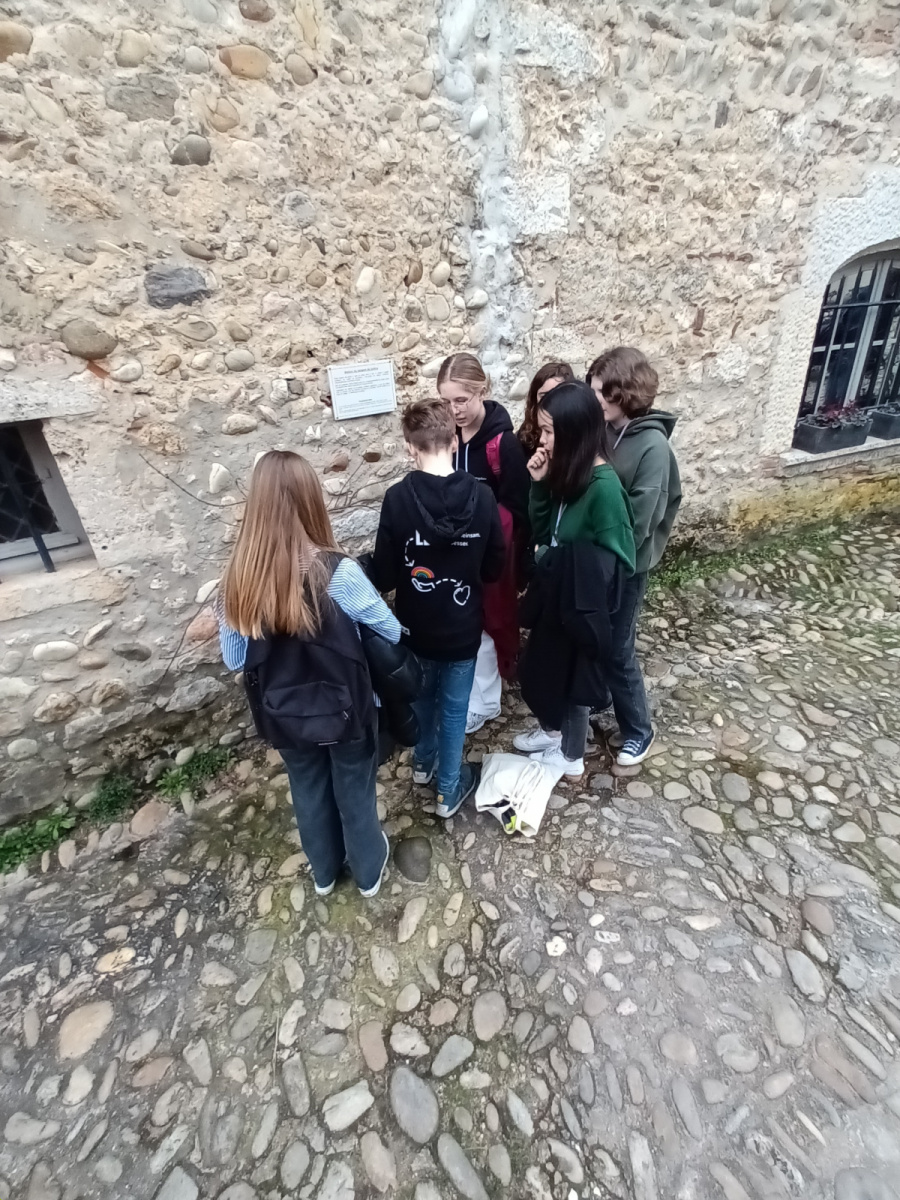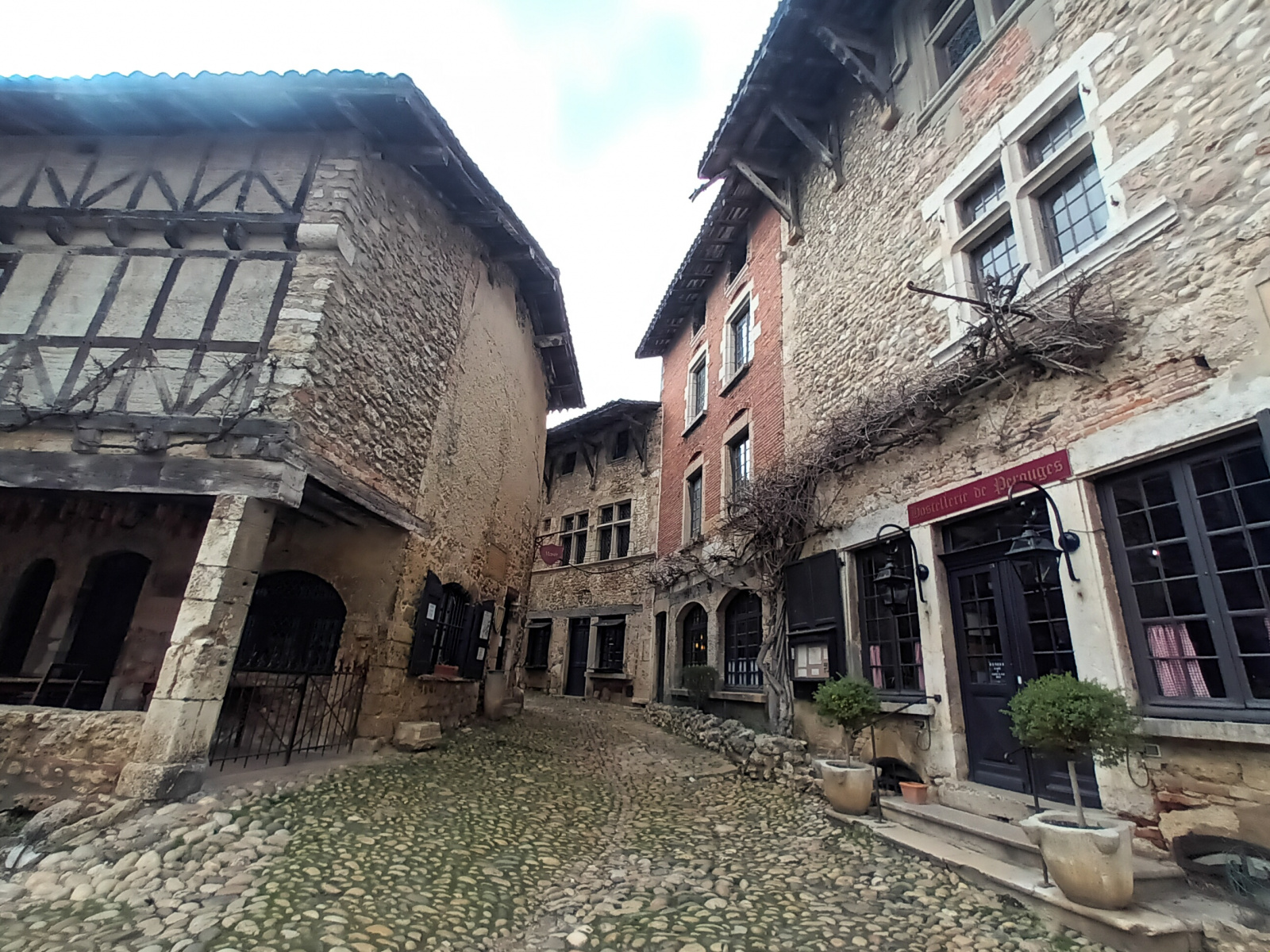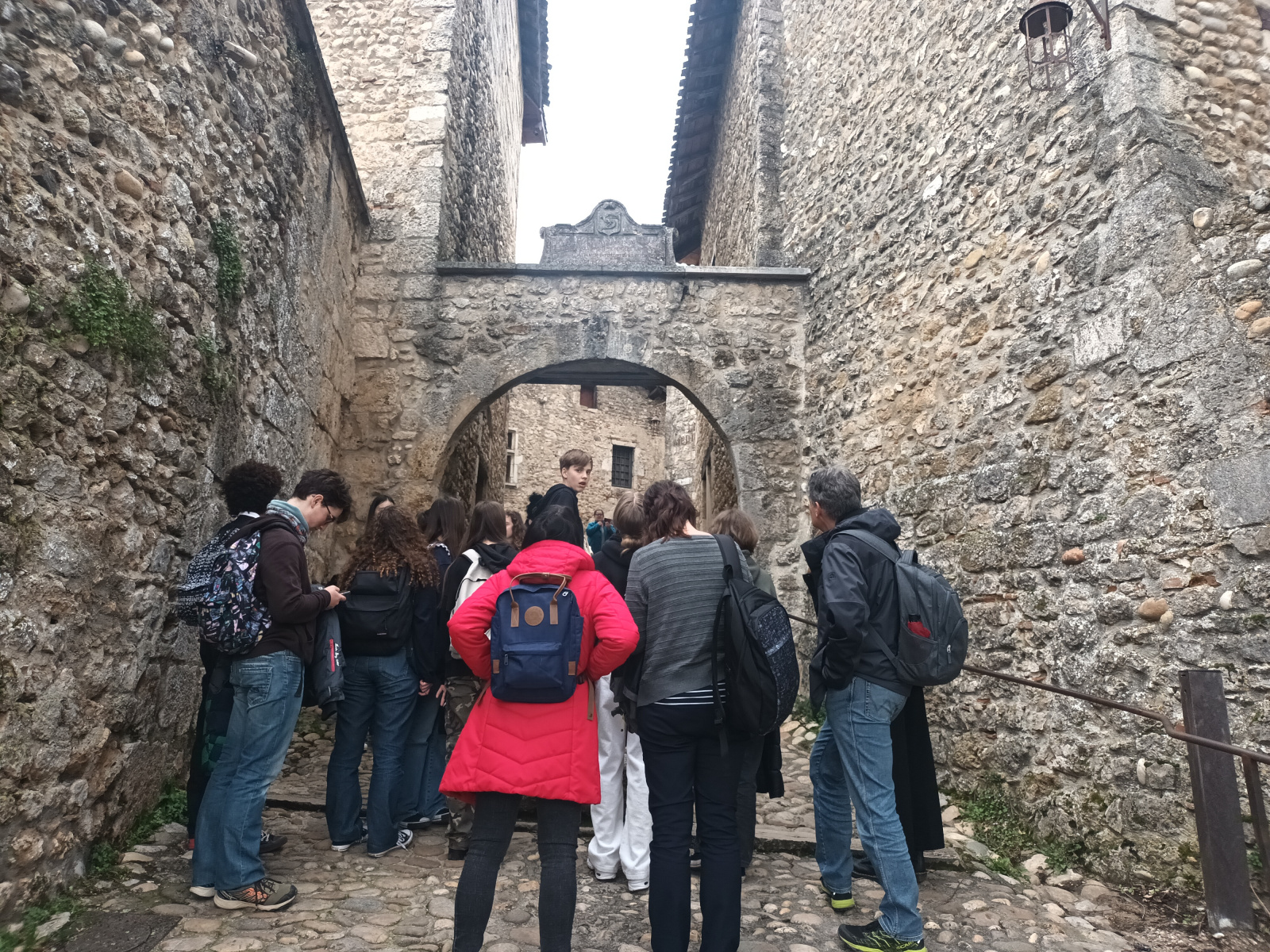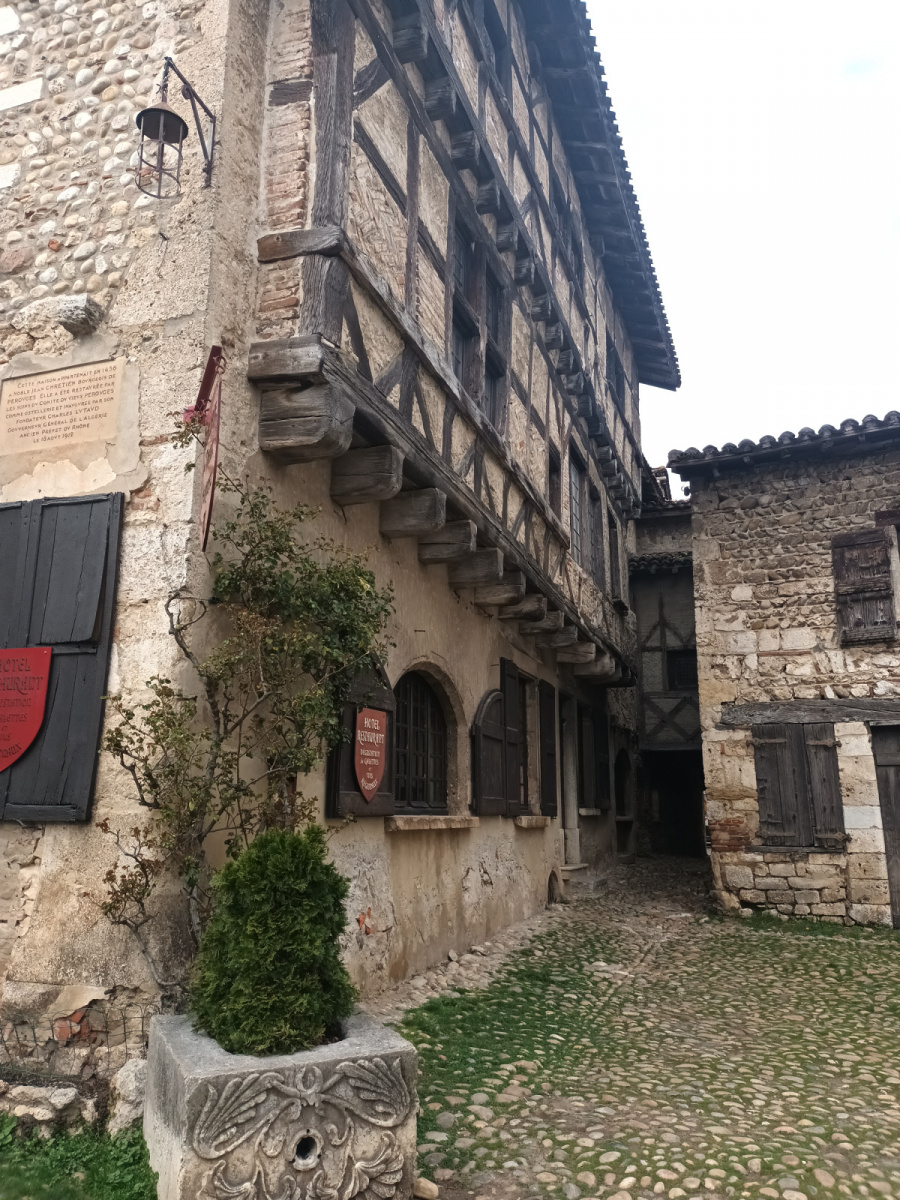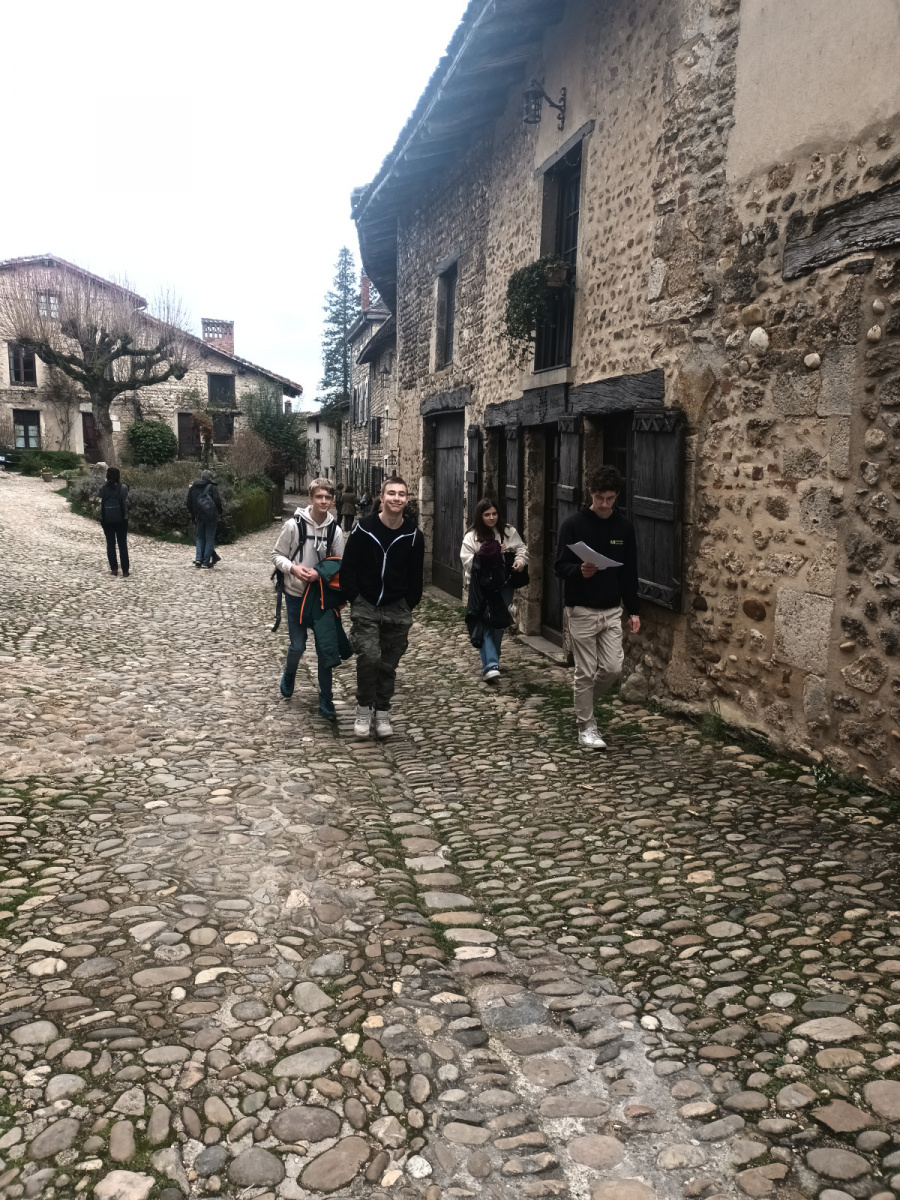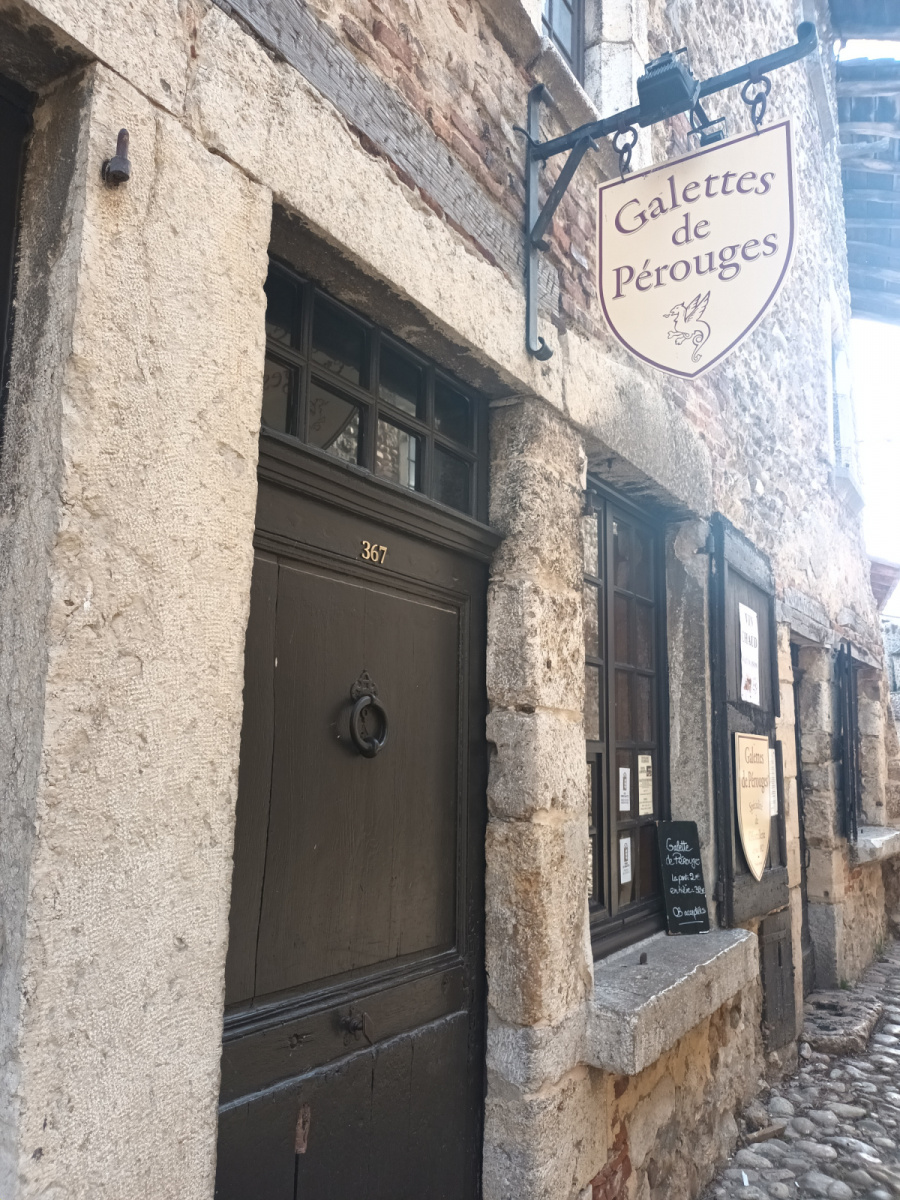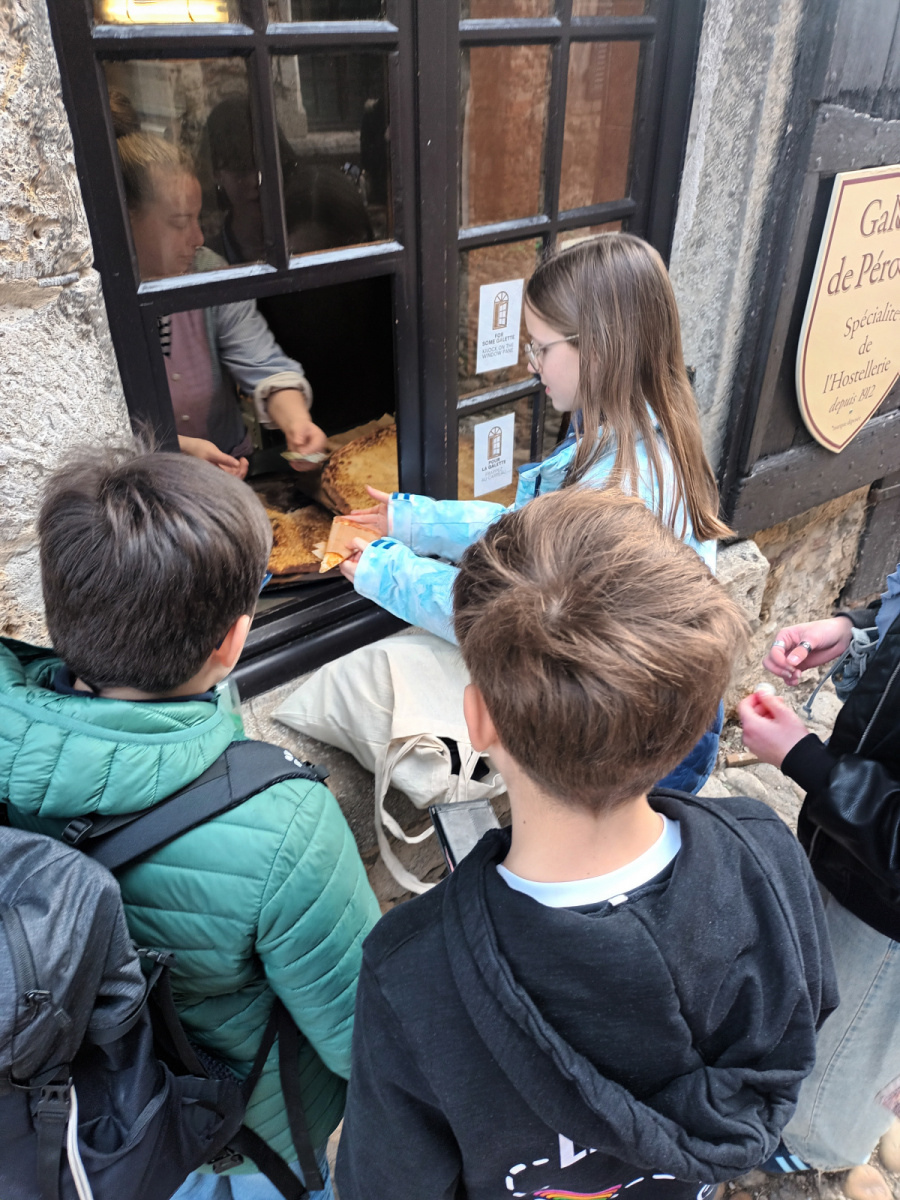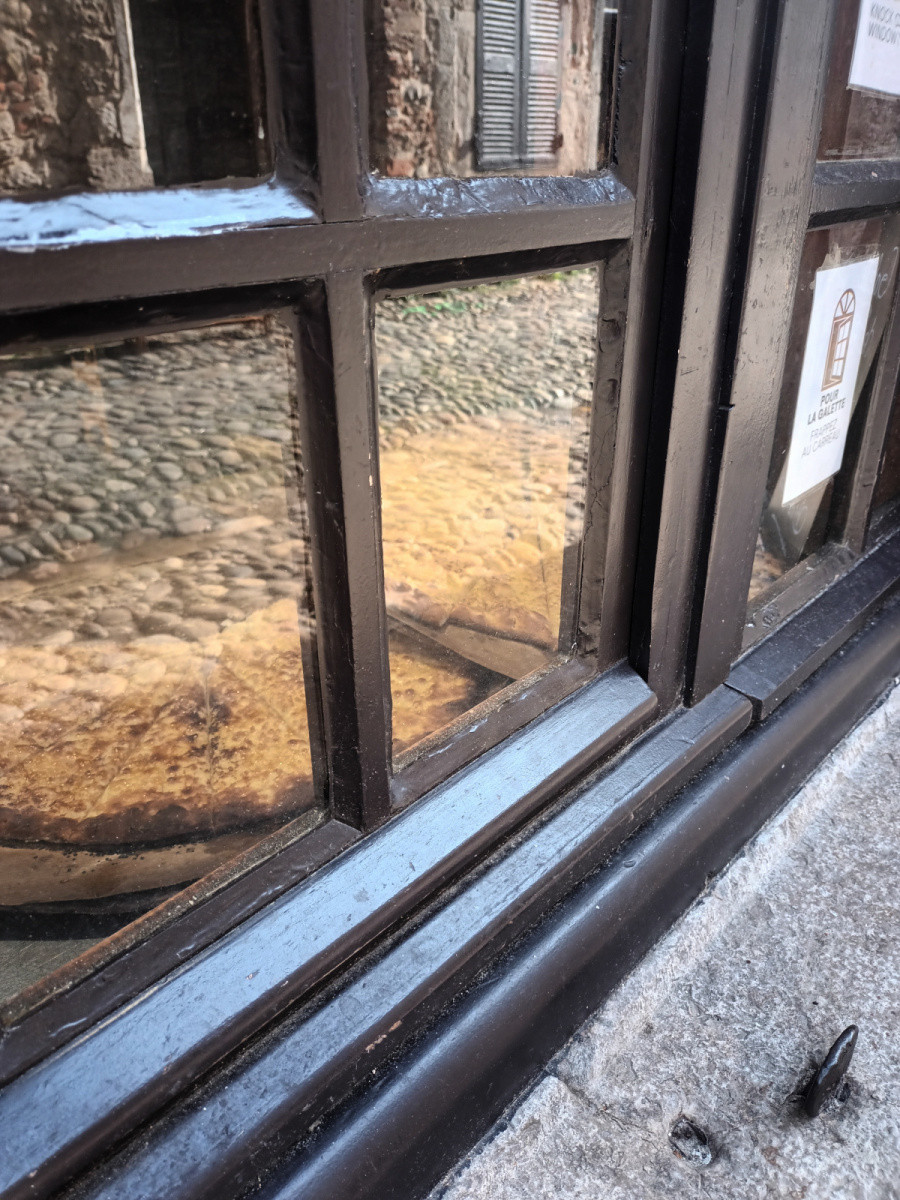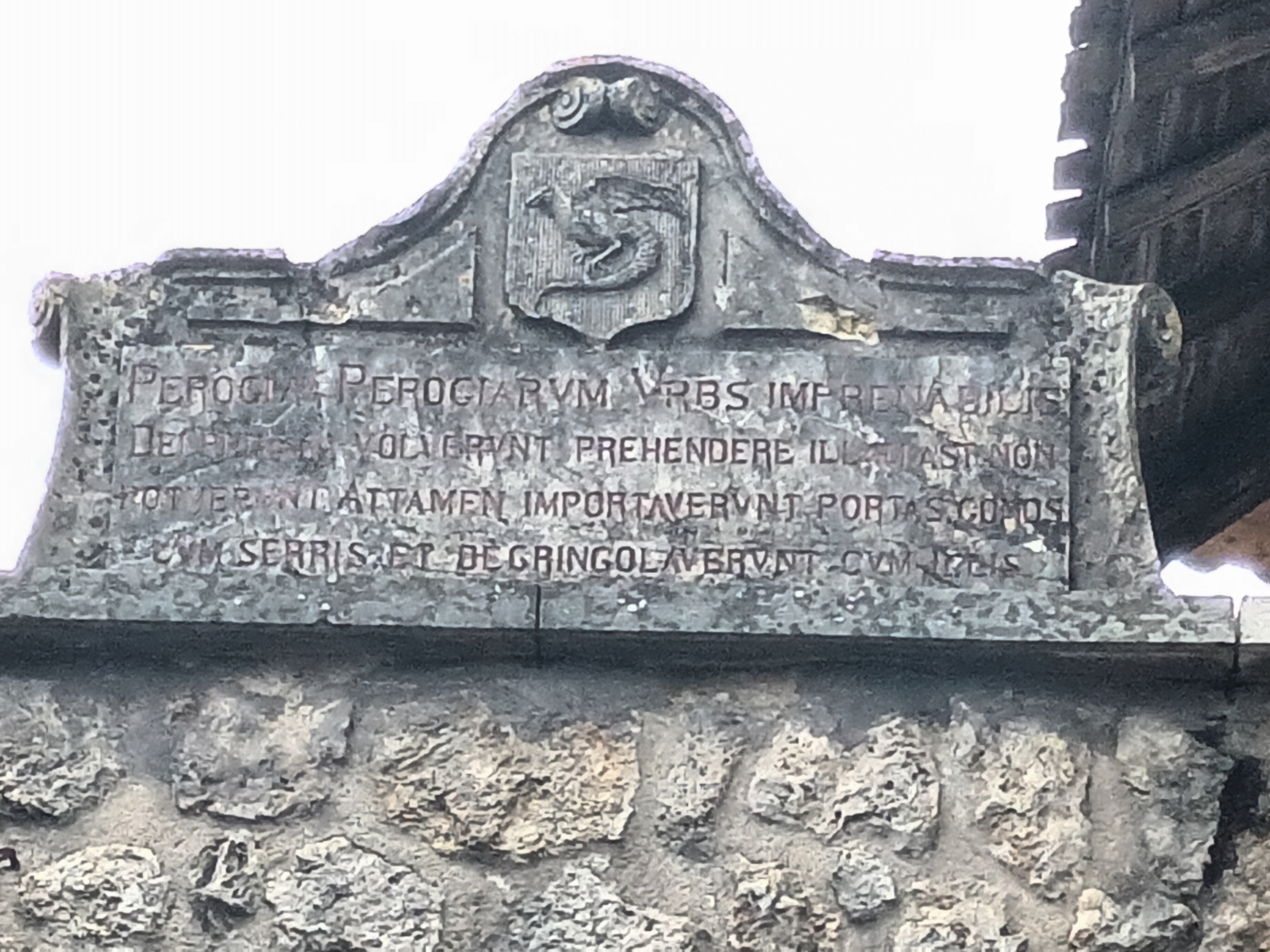Today, hard work on the project was on the agenda. The international teams were working on their multilingual glossaries, ebooks and questionnaires for Chamonix. Also a second external input was on the agenda: Professor Doctor Gilles Escarguel, a global warming expert, biologist and paleontologist from the University in Lyon. He began his lecture by discussing Europe’s projected climate in 2050, highlighting significant changes expected. He emphasized the challenges posed by climate change globally, particularly regarding the mobility of people living in regions deemed unsuitable for habitation. This raises important questions about immigration and its consequences on global populations. A considerable part of the lecture focused on the changing climate in the Alps, where animals are experiencing disruptions in their natural behaviors. Mr. Escarguel stressed the importance of developing strategies to help species adapt to these rapid environmental changes. In mountainous regions like the Alps, where climate changes occur swiftly, altitude becomes a critical factor. Species may need to move to higher elevations to survive, potentially leading to the extinction of those unable to adapt.
“It was very interesting, and we learned a lot of things concerning the mountains. Then, we had lunch before heading off to the medieval town of Pérouges in the afternoon. We went there by train, and after we arrived, we had to play a serious game with cultural questions in the town to discover it fully, which was very interesting! Then we had a little time to visit the city. Finally, we returned home at around 5 p.m. to rest up for the next day’s departure for Chamonix.” Marius Léon (student at Lycée de la Plaine de L’ Ain).
